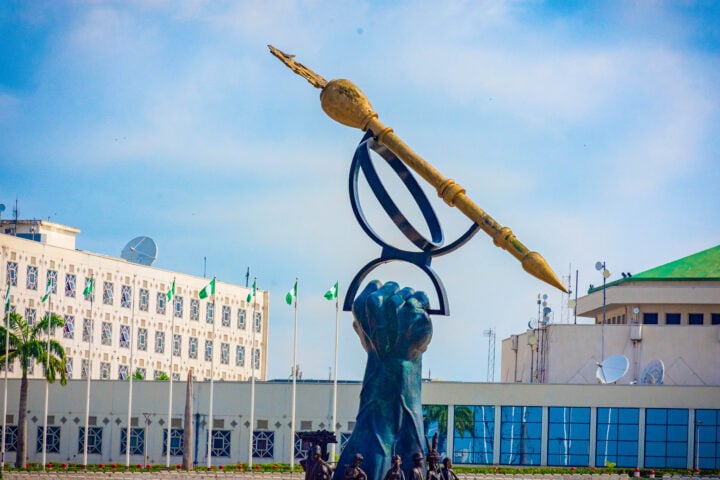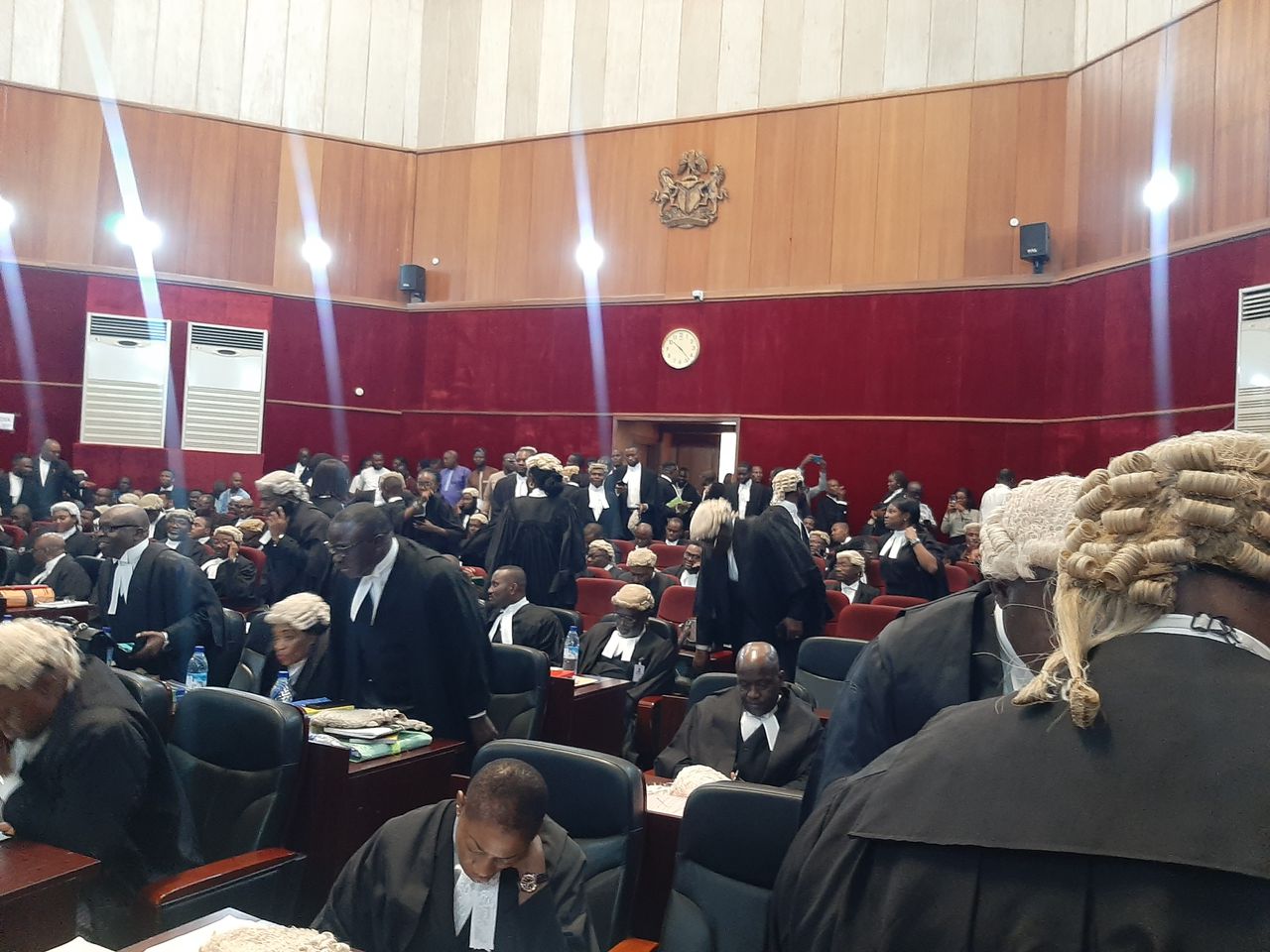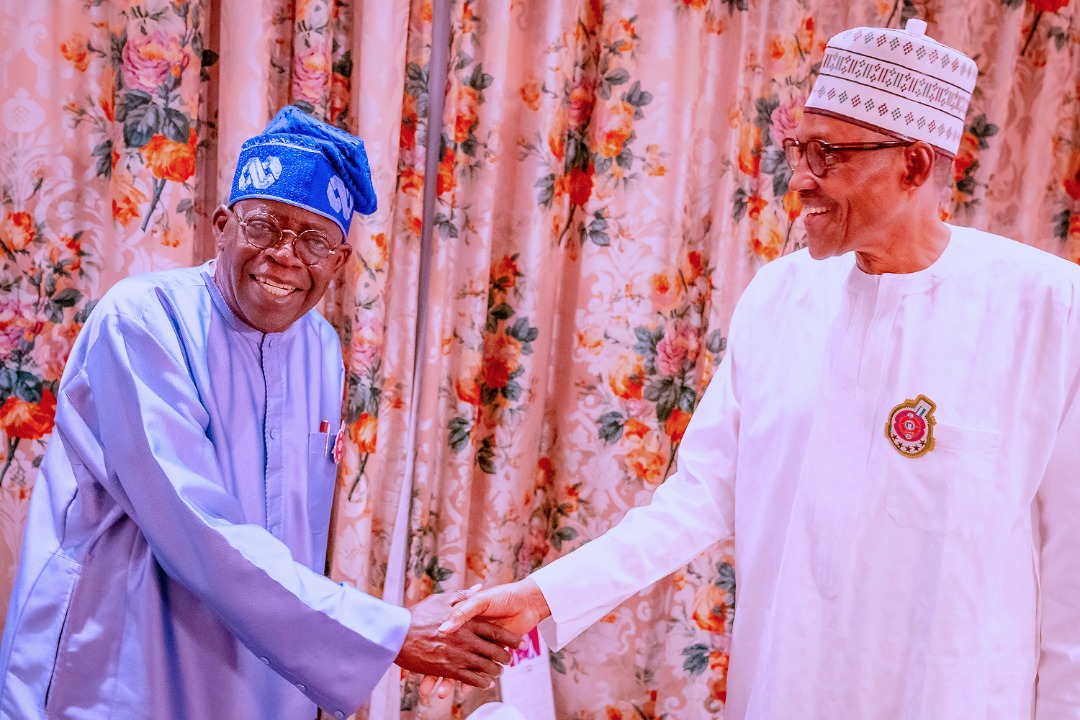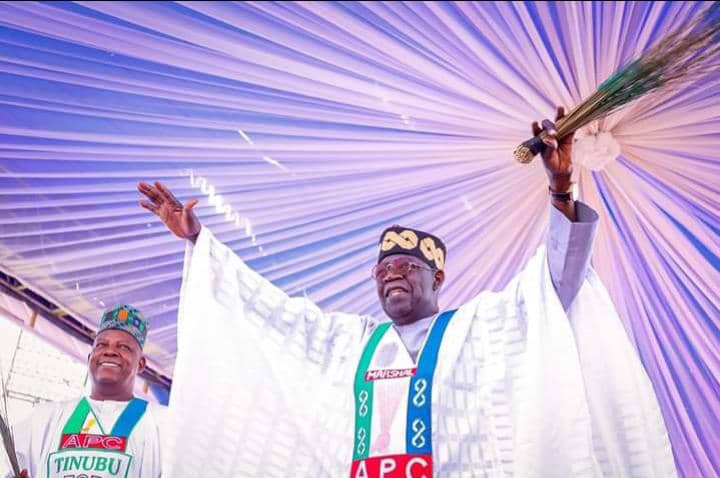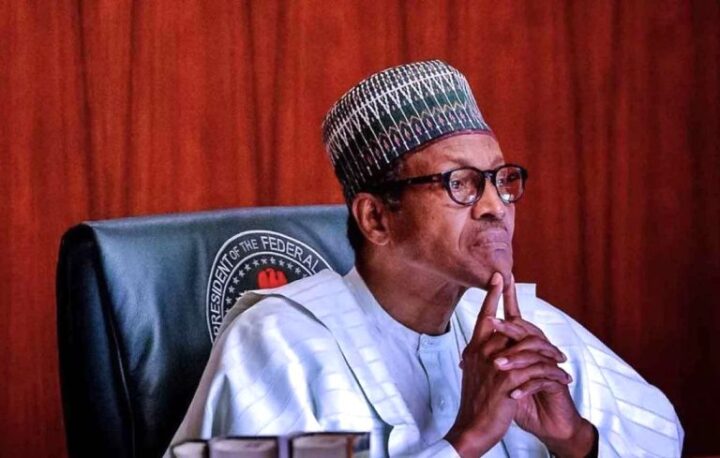Without mincing words, the 9th National Assembly has been complicit in the failures of the Muhammadu Buhari-led administration, especially on the fiscal side, as it has failed in its oversight functions. Its inability to check the executive’s excesses is shameful and makes it apparent that Nigerian decision-makers suffer no consequence for performing poorly.
There are two crucial benchmarks in the assessment of the National Assembly: the legislation enacted and how well the oversight function was performed. On the legislative side, parliament did fairly well, with the passage of significant laws of positive impact if implemented. The laws include the Petroleum Industry Act 2021, Electoral Act 2022 (thanks to the national electoral umpire—INEC, compliance was in shambles), Business Facilitation Act 2023, Company and Allied Matters Act 2020, Police Act 2020, among others. However, the failure to enact the five gender bills to advance women’s rights on indigeneship and citizenship, as well as political involvement and inclusion, must be highlighted.
The present lawmakers have contributed greatly to Nigeria’s fiscal fall, as the country has accumulated debts recklessly. Debts are not intrinsically bad, but they have to be deplored in ways that will generate revenue. What has played out is that the National Assembly has been lackadaisical and uninterested in probing why the country wants to borrow and how the debt will be utilised. This is what happens when the stance of the Senate President is that “any request from Buhari is good for the nation and will be acted upon.”This parliamentary collusion with the Executive makes mockery of the theory of checks and balances and it is dangerous for the independence of the legislative arm.
During the 9th assembly’s tenure, they have approved unachievable budgets, causing an annual rise in the budget deficit. The only positive thing this assembly has done in terms of national budgeting is returning the budget cycle to January to December, thereby reversing the pattern of a new budget starting between March and June in a new fiscal year.
Advertisement
The current legislators should be held responsible for encouraging the Federal Government to run the country aground by its failure to properly scrutinise the public sector’s expenditure, with ghost, duplicated or white elephant projects being found out every now and then.
Beyond budget approval, it is the assembly’s responsibility to ensure the received revenue adheres to the provisions of the respective budget, and where there are discrepancies or suspicion of corruption, it is responsible for investigating and questioning the stakeholders involved.
The probe of the Chairman of the Niger Delta Development Commission (NDDC) on how the commission spent money was the only high-profile case that the outgoing assembly attempted to investigate. Unsurprisingly, nothing came out of it except the infamous fainting of the NDDC Chairman and the eventual contest for the presidency by the Minister in charge of the commission. The 9th Assembly failed to make a significant impact in this area, so the 10th Assembly must concentrate and improve on it.
Advertisement
The worst blunder of the present legislators was its failure to not question and supervise the Finance Minister and the Governor of the Central Bank of Nigeria (CBN) on the Ways and Means financing, allowing it to reach ₦22.7 trillion, a significant chunk of Nigeria’s total debt stock quoted by the Debt Management Office to be ₦46.25 trillion at the end of the third quarter of 2022. Undoubtedly, the parliament’s approval of the Ways and Means restructuring will be a burden to the incoming administration.
Additionally, the CBN’s poorly implemented cash swap programme was another instance in which the outgoing parliamentarians failed to exercise oversight function, revealing a weakening of the institution. It took a lot of pressure for Emefiele to appear before the House of Representatives’ panel. This has played out over the years as heads of Ministries, Departments, and Agencies have repeatedly ignored the summons of the National Assembly with barely plausible reasons. The 10th Assembly must do all it takes to change this narrative by playing its duty effectively.
This writer also opines that if the 9th National Assembly had the best interests of Nigerians at heart, it would have helped to gradually phase out the unsustainable fuel subsidy regime instead of approving the fuel subsidy allocations and $800 million World Bank loan for palliatives for the vulnerable citizens when the petroleum subsidy is removed in June 2023. Now that Buhari’s government has decided to pass the removal of fuel subsidy to the incoming government, the National Assembly has not said the loan should be dropped.
The next administration’s ability to pull Nigeria out of its problems rests largely on the effectiveness of the incoming legislators. The involved political parties must ensure that those who emerge as leaders in both houses are capable of moulding the parliament into a strong institution.
Advertisement
As we get set to host the 10th National Assembly, Nigerians should no longer be passive. They should attach consequences to the poor performances of their federal and state representatives. A great starting point is to utilise the constitutionally guaranteed right to recall, provided for in section 69 of the 1999 Constitution.
The 10th National Assembly should publicise its legislative agenda which would make it possible for its progress to be tracked and its performance passing the basic test of government transparency when held up to scrutiny. The next National Assembly should also push for policies that would bring government at all levels closer to providing fundamental governance to the people. It is in pole position to restructure the country’s fiscal federalism by approving legislations that will make the states more productive and less dependent on the federal account.
Abiodun is an analyst at SBM Intelligence
Advertisement
Views expressed by contributors are strictly personal and not of TheCable.
Add a comment

